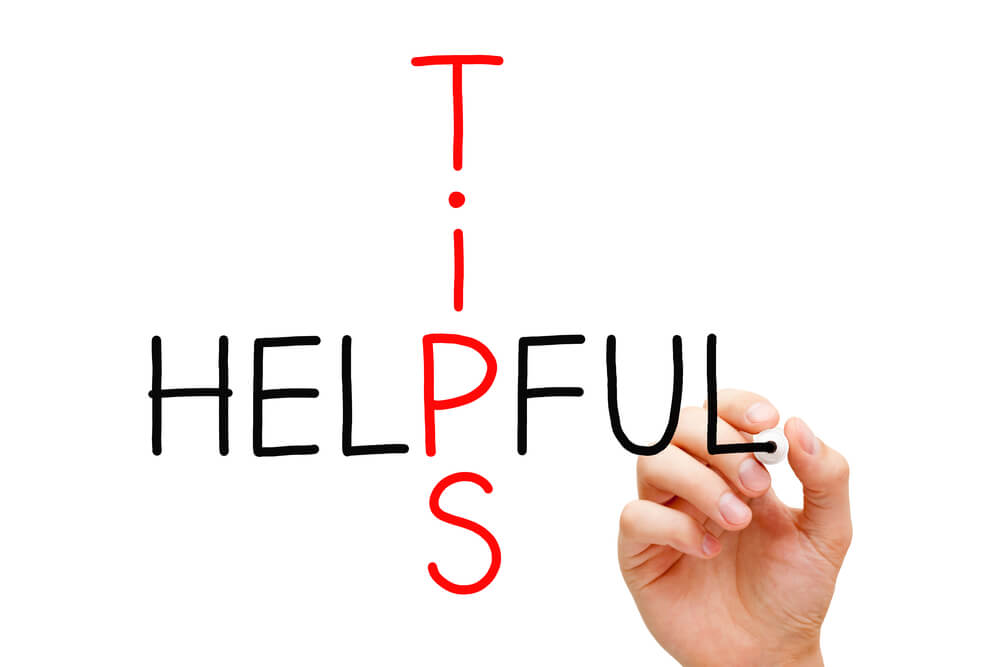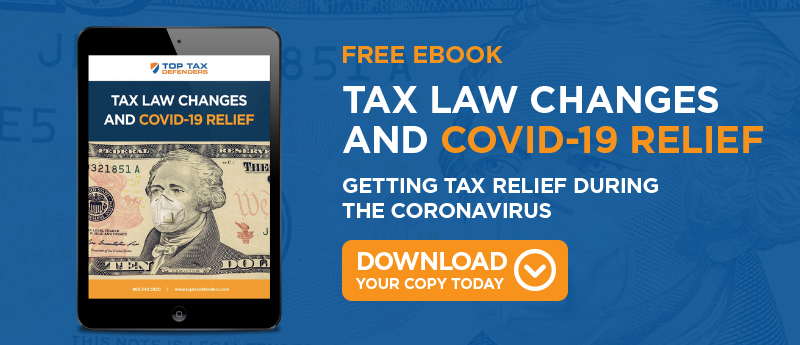
Being furloughed or unemployed stinks in more ways than one. Add in the COVID-19 pandemic, and it descends to reeking. And on top of it all, you need to file taxes. Isn't that just the worst?
When your income drops suddenly and drastically, your tax status may change, too.
However, we have several important tax tips that may bring a little sunshine to the current gloominess. No, you can’t skip filing, but some of these tips can help you find a little financial assistance when you could really use it.
Where Do Unemployment Benefits Come From?
Unemployment benefits rely on a variety of programs:
- The Federal Unemployment Trust Fund
- State unemployment insurance
- A company-financed fund
- A private fund to which you may have voluntarily contributed
Depending on the source of your unemployment benefits, you may be required to pay taxes on them.
About Unemployment Compensation and Taxation
According to the IRS, unemployment compensation includes amounts of money received from several places:
- Any amount received under the unemployment compensation laws of the United States or the state you live or work in.
- State unemployment insurance benefits as well as any benefits paid to you by a state or the District of Columbia from the above-mentioned Federal Unemployment Trust Fund.
- Railroad unemployment compensation benefits.
Note: Worker’s compensation does not count as unemployment compensation. Neither are supplemental unemployment benefits from a company-financed fund or unemployment benefits from a private fund you paid into voluntarily.
Supplemental unemployment benefits from a company-financed fund are fully taxable as wages, and they show up on your W-2. Private fund amounts are taxable if you receive more than your total contribution into the fund. Also, the taxable amount is not considered unemployment compensation by the IRS. It’s reported as Other Income on your 1040.
If you received unemployment compensation during the year, you should receive Form 1099-G, showing the amount you were paid.
The Impact of COVID-19 and the Federal Stimulus Package on Unemployment
One of the intentions of the CARES package was to make it easier for people to be eligible for unemployment because of the following details:
- More people are eligible, including self-employed individuals.
- Unemployment compensation was extended to 39 weeks.
- States are allowed to waive the waiting period for application.
- It created an additional $600 per week of Federal Pandemic Unemployment Compensation. (This expires, by the way, on July 31, 2020.)
However, unemployment compensation is still taxable, and that $600 can add up fast. Over 16 weeks, you could receive an additional $9,600 in taxable compensation.
For those with extremely low income, even with unemployment compensation, you may not need to file your taxes at all. If you aren't sure, you are better off filing. That way, if you do owe money (or have a refund coming), you are all set to file and pay on time.
Tax Tips for the Unemployed and Furloughed
Tip 1 - File Your Tax Return
It can be easy to forget if you've been unemployed for several months. Still, you must file unless you meet stringent guidelines.
If your annual income exceeds $12,200 for a single filer under the age of 65 ($24,400 for joint filers under 65), you need to file your income taxes. If you don’t, the IRS will charge penalties. You may end up owing interest, too, if you didn’t have enough withholding.
Tip 2 - File Early
Hey, you might have a refund coming. If you are unemployed or furloughed, every little bit helps, right? Even if you started out last year not expecting an income, losing your job may have moved you into a lower tax bracket. That means the withholding from your previous employer was too high (even if it was you).
You may have a bigger refund coming than you think. Why wait to find out?
Tip 3 - Take Advantage of Government Benefit Programs
You may not have been eligible before, but now you may be able to qualify for various benefits, such as:
- Food assistance
- Health insurance
- Low-cost phone, gas, and electricity utilities
- Low-cost auto insurance
- Unclaimed funds
Now is not the time to be proud. Take help where you can get it.
Tips 4 - Take Some Tax Breaks
Depending on how much income you earned, you might qualify for some tax breaks.
- The Earned Income Tax Credit (EITC) from the federal government for people with low or moderate incomes. Unemployment benefits do not count as earned income, so if you have no earned income, you can’t claim this.
- The Child Tax Credit for qualifying children under the age of 17. You can get $2,000 per child, and if the amount exceeds your tax obligation for the year, you may be eligible for the Additional Child Tax Credit at $1,400 per child.
- The Child and Dependent Care Credit if you must pay for someone to care for a child while you work or look for work. The percentage is based on Adjusted Gross Income and can be from 20% to 35% of allowable expenses. The maximum is $3,000.
- The Retirement Savings Credit allows credit in addition to some tax-deductible IRA contributions. Eligible contributions to an IRA or employer-sponsored retirement plan may provide a credit of 10% to 50% of contributions based on your income level. The maximum is $2,000 for single filers and $4,000 for joint filers.
Tip 5 - Job Termination Income Is Taxable
If you received a severance package, the income is fully taxable. So is the income from unused vacation or sick days. The amount will show on your W-2, so the IRS already knows about it.
Tip 6 - Pay Your Taxes on Your Unemployment Income
What??? Yep, your unemployment income can be taxable, like we said above. Report the full amount you receive, and look for Form 1099-G showing you how much.
Tip 7 - Self Employment Taxes
If you lost your job and turned to self-employment, the tax rules differ. There isn’t a lot, but it’s important.
- Report business expenses on Schedule C or Schedule F.
- Even if you do odd jobs, fill out Form SE and attach it to your 1040.
- Pay your Social Security and Medicare taxes on your income.
- Read IRS Publication 334 Tax Guide for Small Business for recordkeeping tips, estimated tax information, and deductible expenses.
Tip 8 - Make Arrangements Quickly If You Can’t Pay On Time
If it turns out you do owe the IRS, but you can't make the entire payment by the filing date, set up a payment plan. The IRS has several options. Be aware that you will pay interest and perhaps some penalties anyway.
Do not file late. That incurs another set of penalties.
These tax tips are not unusual. They have always been true. But it is not a usual time, and more people are looking at drastic income changes than ever before. These tips give you one more way to take care of yourself as we move through the difficulties. If you have questions about your tax situation, don't hesitate to reach out to the experts at Top Tax Defenders.




